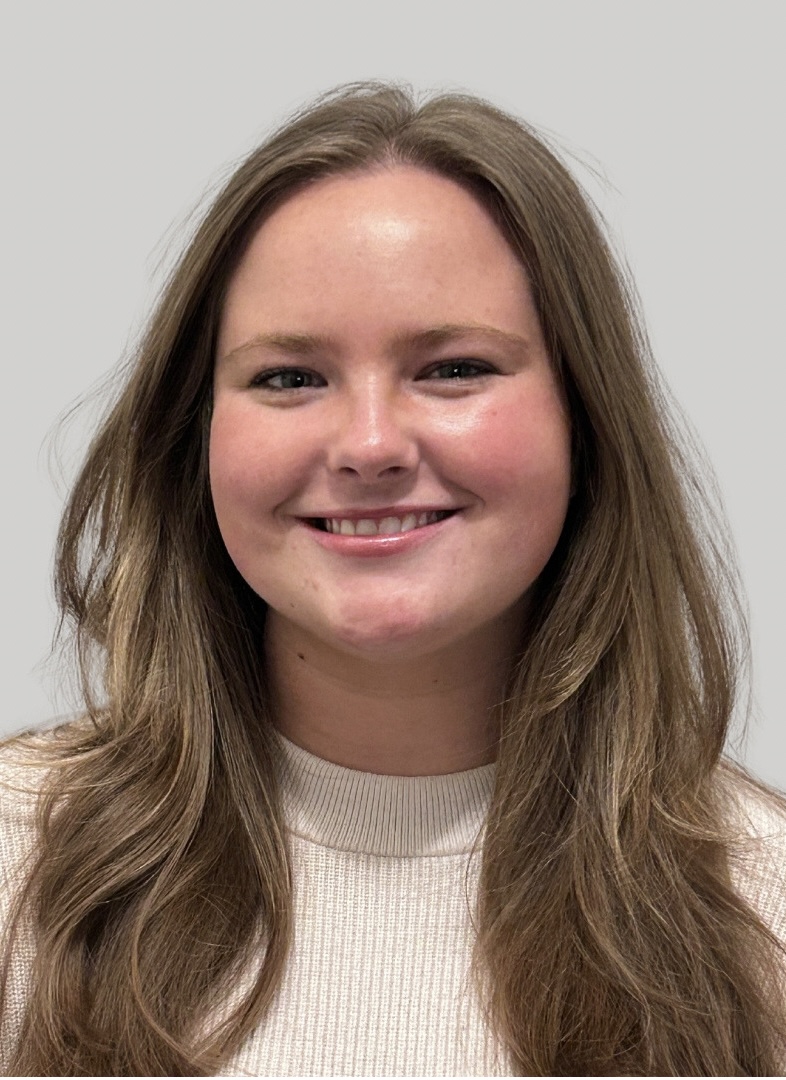North Carolina's Approach to Digital Equity and Education
Monday, June 24, 2024
Digital Beat
North Carolina's Approach to Digital Equity and Education

On June 17, the Benton Institute for Broadband & Society, in partnership with the Department of Education’s Office of Educational Technology, hosted a webinar titled The Power of Partnership: State Strategies for Digital and Educational Equity. The first of a three-part webinar series, this session highlighted the efforts of the North Carolina Office of Digital Equity and Literacy and how the department plans to partner with educational institutions as it approaches the implementation of the state’s digital equity plan.
In a moderated Q&A, Maggie Woods, Deputy Director of the NC Office of Digital Equity and Literacy, Jenifer Bean of the NC Community College System, the Friday Institute for Educational Innovation’s Erin Huggins, and the Office of Educational Technology’s Isabella Zachariah discussed why it is so important to partner with educational institutions, what success looks like, and what North Carolina has in common with other model states.
Some highlights from the webinar.
What specific initiatives does the North Carolina digital equity plan include that address needs in higher ed and adult ed?
Jenifer Bean told us, “The digital equity plan has done a fantastic job of focusing on the covered populations that are identified in the Digital Equity Act. One thing that we've really had as our North Star when we're doing our digital navigator activities is to think about those covered populations and make sure that we're serving them. So community colleges truly are a reflection of the communities that they serve. North Carolina has such a wide variety of, of people who live here, of types of locations from urban to suburban to rural. And our community college [system] serves them all, whether in higher education for those who are seeking an associate's degree, or with adult education for those who are seeking adult basic skills or high school equivalency or English language support, whatever, wherever they're going in their adult education journey. So one thing we were very careful about when we were selecting educational partners to do this digital navigator work is we paid very close attention to those covered populations. We studied very carefully our 100 counties around North Carolina and we tried to identify those counties who most reflected the covered populations for the digital act from the digital equity act and from our state's digital equity plan … Additionally, one of the covered populations that comes from the digital equity act and from our state digital equity plan is for individuals who are justice involved. We were careful to deploy several digital navigators to community colleges that serve state prisons so that those digital navigator services could be available to individuals who are incarcerated and preparing for reentry so that they could also have those services available to them.”
What does success look like?
Maggie Woods highlighted the importance of strong partnerships, “Success looks like making sure that we're highlighting partnerships. Our office happened to do the digital equity plan, but we could not have even written it without the partnerships that we have. We are a small team, and we cannot achieve digital equity in North Carolina without our education partners. And so, to me, that's what success looks like. How do we continue to work together? How do we build our partnerships? How do we collaboratively ensure that we're working to close the digital divide together?”
What are some similarities between North Carolina’s approach and other leading states?
Isabella Zachariah compared North Carolina to other model states the Office for Educational Technology has looked at. She said, “North Carolina has strengthened their relationship with their institutes of higher education (IHES) and are collaborating to move the needle forward on digital equity in the state and several other states also mentioned working with their state's IHES to expand digital navigator programs such as Florida, Illinois and Hawaii. In Illinois and Hawaii, they actually called out having digital navigators that can serve their community and regions where they are from. Georgia also included in their digital equity plan an intention to partner with Historically Black Colleges and Universities (HBCUs) and minority serving institutions, as well as technical colleges to offer customized digital literacy and technical services and tech certifications.”
If you missed the webinar, you can see a recording on YouTube.
For more insights from states committed to strong partnerships with educational institutions, join us for the second and third webinars on Thursday, June 27, and Wednesday, July 10, which will highlight the work of the New Mexico Office of Broadband Access & Expansion, and the Maine Connectivity Authority.
For More on Education and Digital Equity
- Digital and Educational Equity: How States Plan to Partner with Educational Institutions
- Digital Equity and Adult Education
- Department of Education's Plan to Close the Three EdTech Divides
Zoë Walker is a Writing Associate at the Benton Institute for Broadband & Society.
The Benton Institute for Broadband & Society is a non-profit organization dedicated to ensuring that all people in the U.S. have access to competitive, High-Performance Broadband regardless of where they live or who they are. We believe communication policy - rooted in the values of access, equity, and diversity - has the power to deliver new opportunities and strengthen communities.
© Benton Institute for Broadband & Society 2024. Redistribution of this email publication - both internally and externally - is encouraged if it includes this copyright statement.
For subscribe/unsubscribe info, please email headlinesATbentonDOTorg






